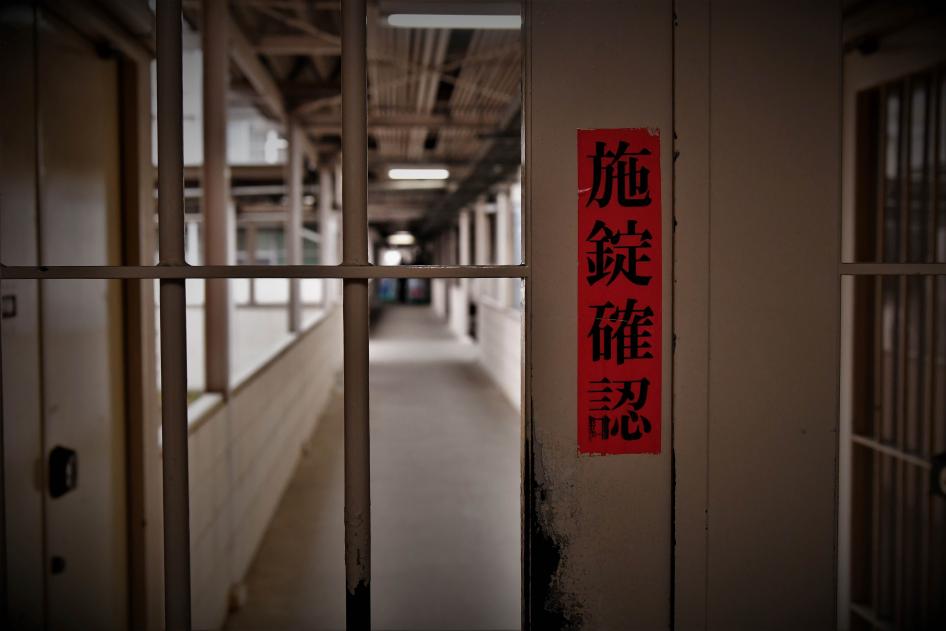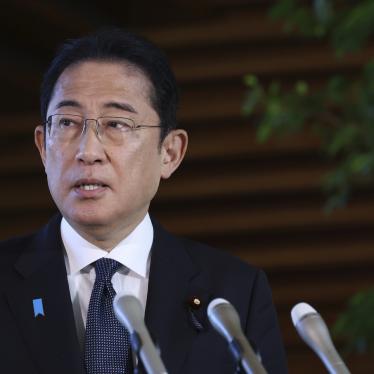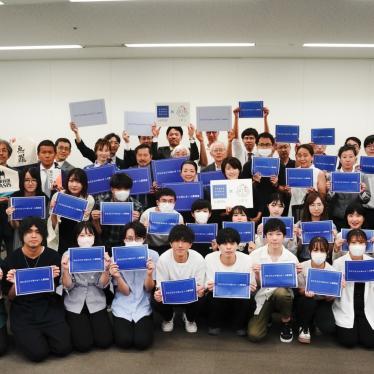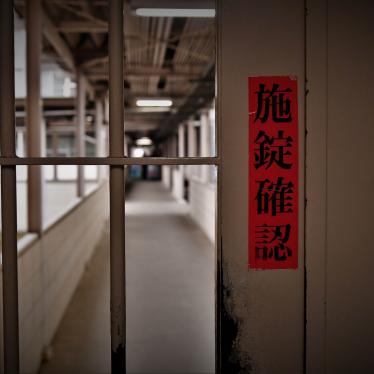- Japan is overly reliant on imprisonment as it lacks sufficient options for alternatives, such as community service.
- Once imprisoned, many women suffer serious human rights abuses such as being restrained when pregnant, inadequate access to healthcare including mental healthcare, arbitrarily being put into solitary confinement, and verbal abuse by prison guards.
- While Japan should improve prison conditions, it should also move to decriminalize the simple possession and use of drugs and introduce new non-custodial measures, as imprisonment should be the last resort.
(Tokyo) – Many women imprisoned in Japan suffer serious human rights abuse and mistreatment, Human Rights Watch said in a report released today. The Japanese government should urgently adopt reforms to improve prison conditions, decriminalize simple possession and use of drugs, and provide alternatives to imprisonment.
The 76-page report, “‘They Don’t Treat Us like Human Beings’: Abuse of Imprisoned Women in Japan,” documents the abusive conditions in many women’s prisons in Japan. Government policies towards women in prison violate international human rights conventions and contravene international standards such as the United Nations Standard Minimum Rules of the Treatment of Prisoners, known as the Mandela Rules. Prison authorities use restraints on imprisoned pregnant women, arbitrarily employ solitary confinement as a form of punishment, verbally abuse women in prison, deny incarcerated women’s opportunities to parent their child in prison, and fail to provide adequate access to health and mental health care.
Japan also imprisons many women for the simple possession and use of drugs without ensuring adequate access to effective and evidence-based treatment for substance use disorders. Judges are limited in their authority to utilize alternatives to imprisonment for crimes, such as petty theft, because noncustodial measures such community service are not included in Japan’s penal code.
“While the conditions women face in prison should be urgently improved, the reality is that many of these women shouldn’t have been punished by imprisonment in the first place,” said Teppei Kasai, Asia program officer at Human Rights Watch. “Instead of depending on imprisonment to address crime, Japan should consider alternatives to imprisonment while moving to decriminalize simple drug-related violations.”
Human Rights Watch conducted research across Japan between January 2017 and January 2023, interviewing nearly 70 people, including dozens of formerly imprisoned women, as well as legal and justice reform experts.
Article 482 of Japan’s Criminal Procedure Code allows prosecutors to suspend prison sentences for various reasons, including the imprisoned person’s age, health, and family situation. However, Human Rights Watch found that prosecutors rarely invoke this law, shown by the fact that only 11 incarcerated women had their sentences suspended over the last five years.
Once imprisoned, many women face serious abuses behind prison walls. These include the mistreatment of imprisoned transgender people, inadequate access to medical and other basic services, separation of women from their babies, and enforcement of overly stringent restrictions on communications both inside the prison as well as with the outside world.
Japan is a party to the core international human rights conventions, including the International Covenant on Civil and Political Rights and the Convention against Torture and Other Cruel, Inhuman or Degrading Treatment or Punishment, both of which concern criminal justice and the treatment of imprisoned people. In addition to the Mandela Rules, relevant international standards include the UN Standard Minimum Rules for Non-Custodial Measures (the Tokyo Rules) and the UN Rules for the Treatment of Women Prisoners and Non-Custodial Measures for Women Offenders (the Bangkok Rules). Japan’s current justice system and prison practices violate provisions of these conventions or contravene these international rules and standards, Human Rights Watch said.
“Imprisonment, which under current conditions results in serious human rights violations, should be a last resort,” Kasai said. “Instead, Japan should adopt the necessary reforms for a rights-based approach that would effectively decrease the population of women’s prisons to ensure their rights are protected.”









